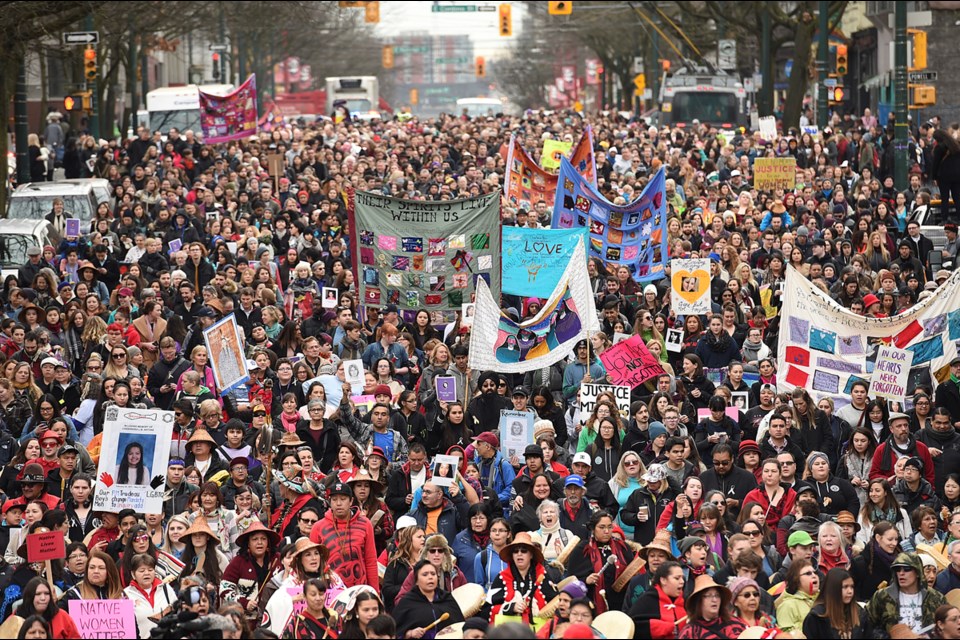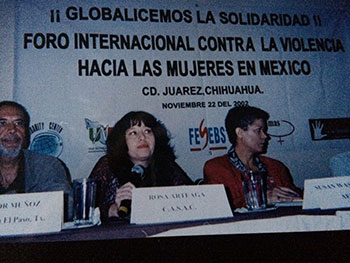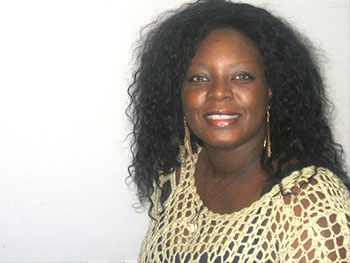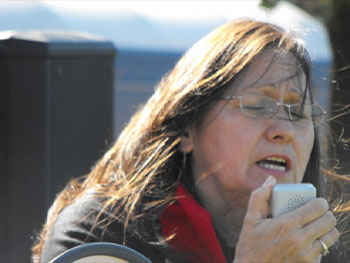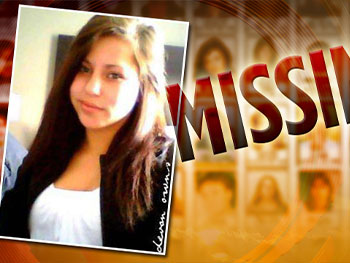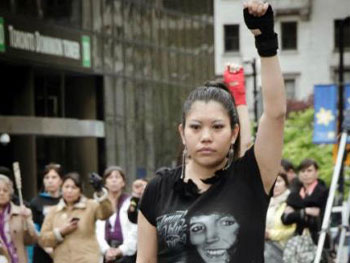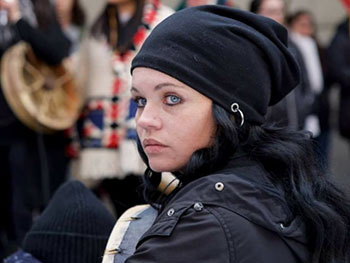31st Annual February 14 Women’s Memorial March
Monday February 14, 2022 from 10:30am until 5pm
Family & community gather at 10:30 am at Main & Hastings
March for public starts at 12 pm from Carnegie (Main and Hastings
Every February 14 for the last 30 years, we march to remember, grieve, and honour missing and murdered women and gender-diverse peoples’ lives lost in the Downtown Eastside. We dedicate ourselves to justice and protest the forces of colonization, misogyny, poverty, racism and to celebrate survival, resistance, struggle and solidarity to make women’s resistance visible. Led by Indigenous Women, February 14 Women’s Memorial Marches signify the strength of decolonization and the power of Indigenous Women’s leadership throughout and across the lands.
RSVP and share the event on Facebook here >
February 14 — Why I March
February 14 — Why I March is a blog series written by women to bring voice to the personal experiences of the activist, the family members, and the women who work tirelessly in their communities to address violence.
From Juarez to Vancouver Why I march on Feb 14
by Rosa Elena Arteaga
Violence against women in Canada and Mexico, Rosa Elena tells why she marches on February 14th.
I joined the February 14th Women’s Memorial March in Downtown Eastside Vancouver in 1998. At the time, I had just immigrated to Canada. I came escaping from injustice and looking for a safe place to live for me and my family. However, sooner than later, I learned about the real Canadian history and it was very different to the official story that I had been told. I learned about the impact of colonization on the Indigenous people of this land. I witnessed and experienced racism and discrimination. I realized that the history of colonization and its impacts on Indigenous people in Latin America was similar to the impact on Indigenous people in Canada.
I learned that colonization has been the most important form of oppression all over the world as well as the root cause of violence against women.
Violence against Black women is largely ignored in Canada.
by Raven Bowen
In this piece Raven tells us why she marches on February 14th.
I believe my first February 14th Women’s Memorial March was in 1997 in Downtown Eastside Vancouver. I was the support worker at PACE Society at the time and I was asked to say a few words. This was a great honour.
During the March we would customarily stop at the steps of the old Vancouver Police Station to listen and to share inspirational speeches and calls to action from women’s organizations. I remember how the community — a diverse grouping of Elders, family members, residents and community workers — claimed the Hastings and Main intersection. Medicines of sage and sweetgrass enveloped us as we lifted each other to the spirit. Some years, we would look to the sky and see the eagles circling. For all of us, this was confirmation that we were joined on a righteous path.
Why I March February 14
by Marlene George
In 1996 I became involved with the February 14 Women’s Memorial March in Vancouver’s DTES through my work at the Downtown Eastside Women’s Centre.
I was working with Marion Dubick who was helping the women to organize the march for February 14 1997. Each week we would begin with a group of women who were interested in helping to organize the march. Tasks were assigned to each person to complete for the next meeting. Women in the DTES were very active in the community in the 1990s and often participated in the Take Back the Night march held each fall.
When I realized how the march came about I was horrified that such violence could be thrust upon another human being to that degree and was immediately taken by the importance of this work. We had a fabulous Elder working at the centre, Reta Blind, a Cree women who had lived through Indian Residential School. Reta was like a surrogate mother to the women, who for the most part were separated from their families. She would bestow her life lessons and wisdom on the women, whenever they were in trouble or had men problems.
Why I March in Winnipeg, Manitoba
by Sandra DeLaronde
Along with thousands of women, Sandra DeLaronde marches on February 14
I have many memories of long summers and winter holidays in my Mother’s home community of Cross Lake Manitoba. It was the centre of my world before Hydro development forever changed the landscape and the people. My memories hold some of my greatest moments of joy and lifelong friendships. I always hold a connection to my family and the land and I am very protective of these memories of Cross Lake.
Lorna Lynn Blacksmith and her family are from Cross Lake. It just rattled my being to know that such a young woman from my home had disappeared from the streets of Winnipeg.
The media portrayed her as a sex trade worker – just another Aboriginal woman who was responsible for her own misfortune. Her community remembered her as a dedicated army cadet, a strong and carefree young woman with dreams. With her family and community and many facebook friends, her picture was posted and reposted on facebook.
Why I March
By Lorelei Williams
I’m sure a lot of people can relate to this when I say a scary moment in a person’s life is when they lose a child for just a few minutes or even seconds. You and the child are together and then suddenly you aren’t. Your heart begins to race; you can even hear it beating in your head. Everything feels like it’s going in slow motion. You’re panicking, your head is pounding, you start to shake and feel like throwing up. Then, all of a sudden you see the child! You’re so relieved and everything is ok.
Unfortunately this isn’t the case for several Aboriginal families across Canada. Including my own. My cousin Tanya Holyk went missing in 1996. Her DNA was later found on Pickton’s Farm. My Aunty Belinda Williams who I closely resemble went missing around 1978. She disappeared without a trace. She still remains missing today.
A few anonymous tips have actually surfaced recently. The information is vague, but no information is too little. Every tip counts. We are looking for people to come forward with any information of her last known whereabouts. We are against time right now, people are getting older and even passing away. Our family would just like to find my aunty Belinda Williams.
Why I March
by Summer Rain
I march because: It is time for us to unite… for the sheer purpose that Indigenous Women and girls are not disposable, for the urgent matter that the lives of Indigenous Women and Girls matter!
I march because: It is the time that Indigenous Women and Girls are SEEN are HEARD and are demanding JUSTICE for every single Indigenous Woman and Girl.
I march because: Of the immediacy, the urgency, of the utter lack of response, to the grossly under publicized epidemic; of missing and murdered Indigenous women and girls. The impunity must end now before another sister is taken.
February 14th otherwise known as Valentine’s Day to me is an oppressive social construction aimed at women to imply they are inadequate and incomplete. That there adequacy is measured by being “chosen” by someone of the dominant sex along with the economics spent on showing this “chosen” love. Not to mention that the very concept of Valentine’s Day is based on a male driven capitalistic need to make money on the commodification of love and self-worth.

